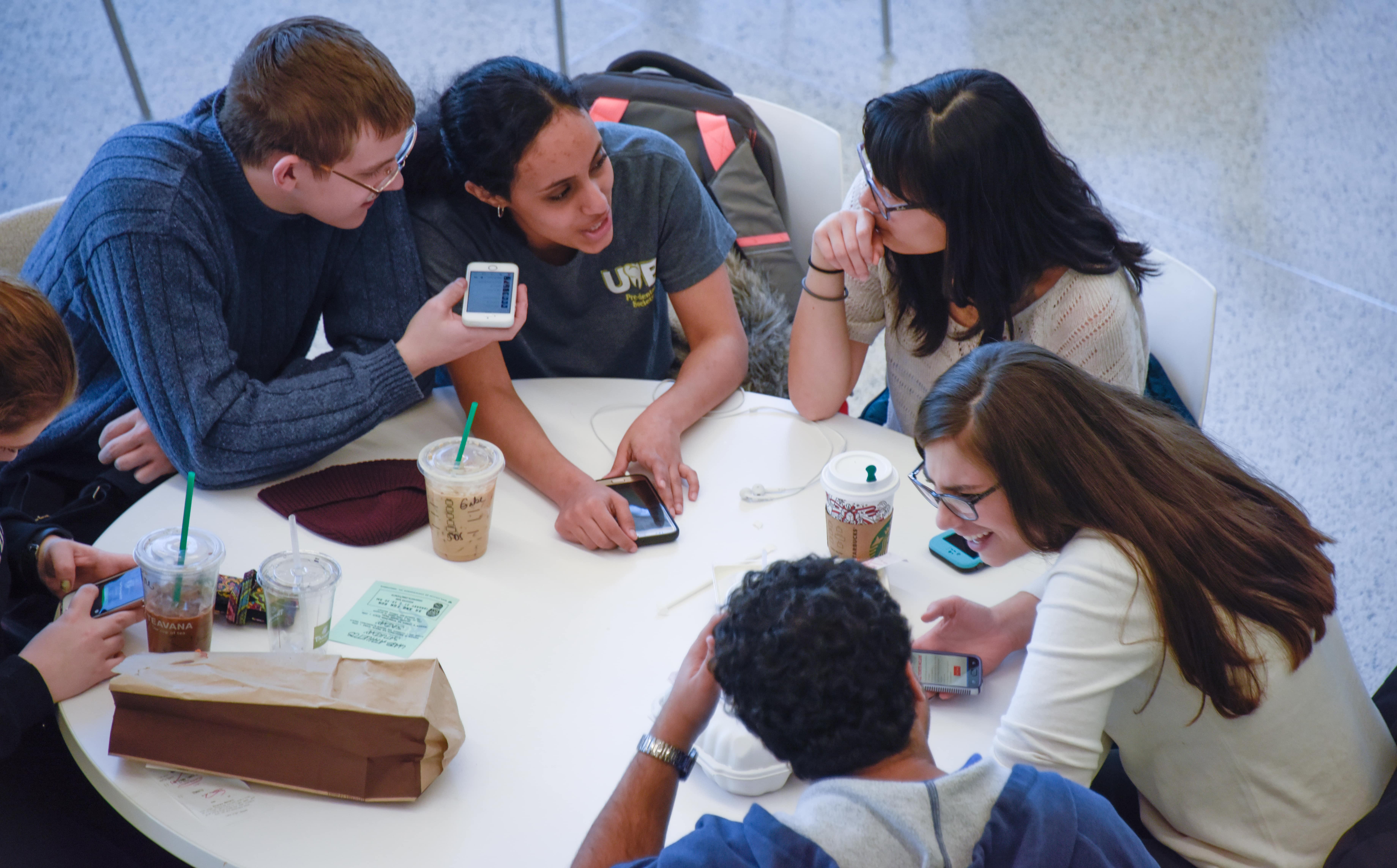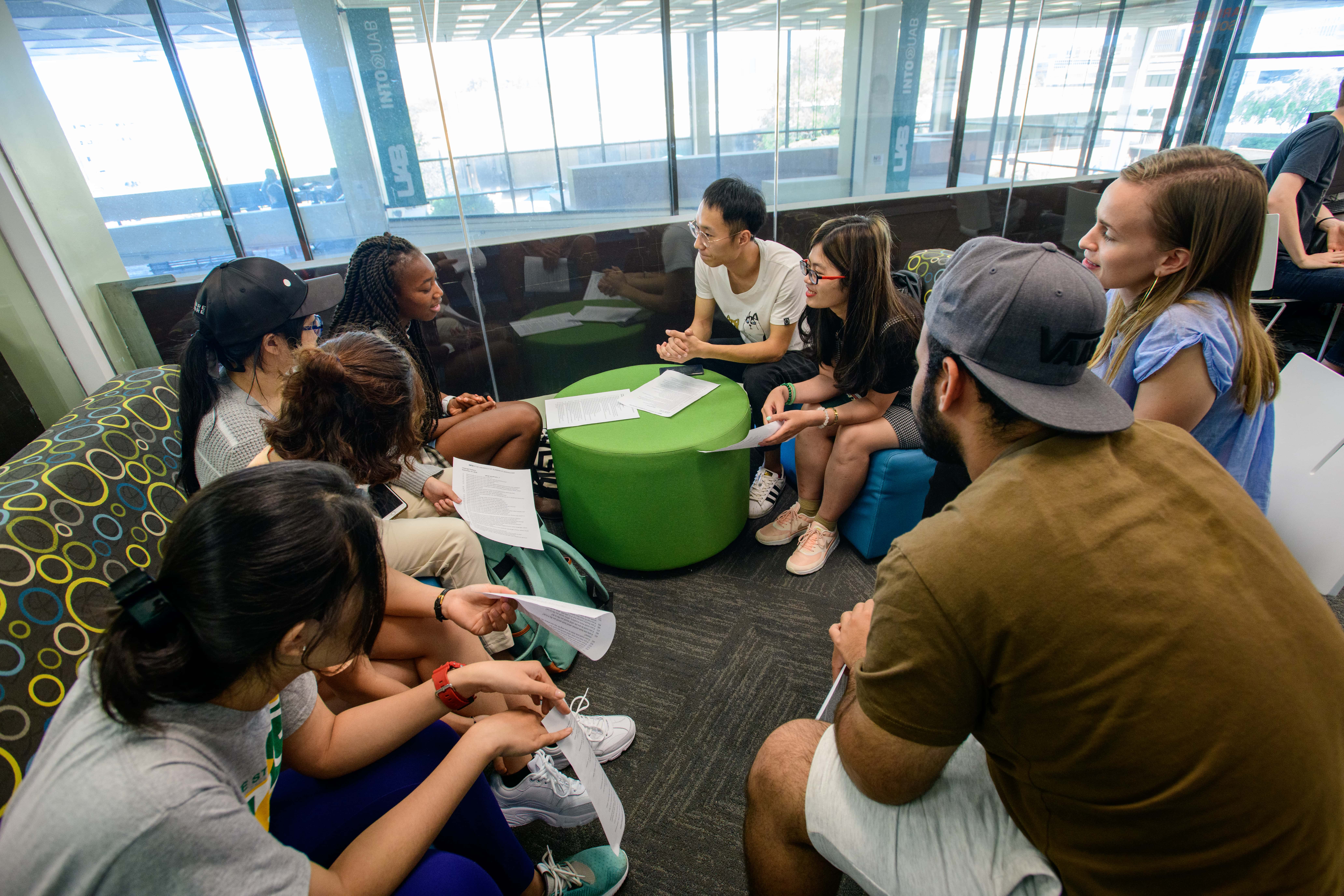It is not enough to talk with your student just about their substance use. Young adults are also making decisions about romantic relationships and sexual behaviors. Society provides many competing messages about consent, what is or is not healthy in a relationship, and what their role in a sexual or romantic relationship “should” be. As a trusted adult in their life, you can help your student prepare for healthy romantic and sexual relationships and help them identify behaviors of concern and how to address them.
Research suggests that most sexual assaults occur prior to the age of 30 with a large percentage occurring between the ages of 18-24. For college students, more than half of sexual assaults occur between August and November, and students are at the highest risk of experiencing sexual assault during the first few months of their first and second semesters in college.1 Similarly, relationship violence affects young adults at an alarming rate with women aged 18-24 being one of the age groups that experience the highest rates of intimate partner violence.2 While there is not as much research, we know men experience both sexual violence and dating violence as well.
For these reasons, even if it is uncomfortable, it is important to talk about issues like boundaries, consent, and traits of both healthy and unhealthy relationships early and often.



1 RAINN.org • 2 Black, M.C., Basile, K.C., Breiding, M.J., Smith, S.G., Walters, M.L., Merrick, M.T., Chen, J., & Stevens, M.R. (2011). The National Intimate Partner and Sexual Violence Survey (NISVS): 2010 Summary Report. Atlanta, GA: National Center for Injury Prevention and Control, Centers for Disease Control and Prevention.